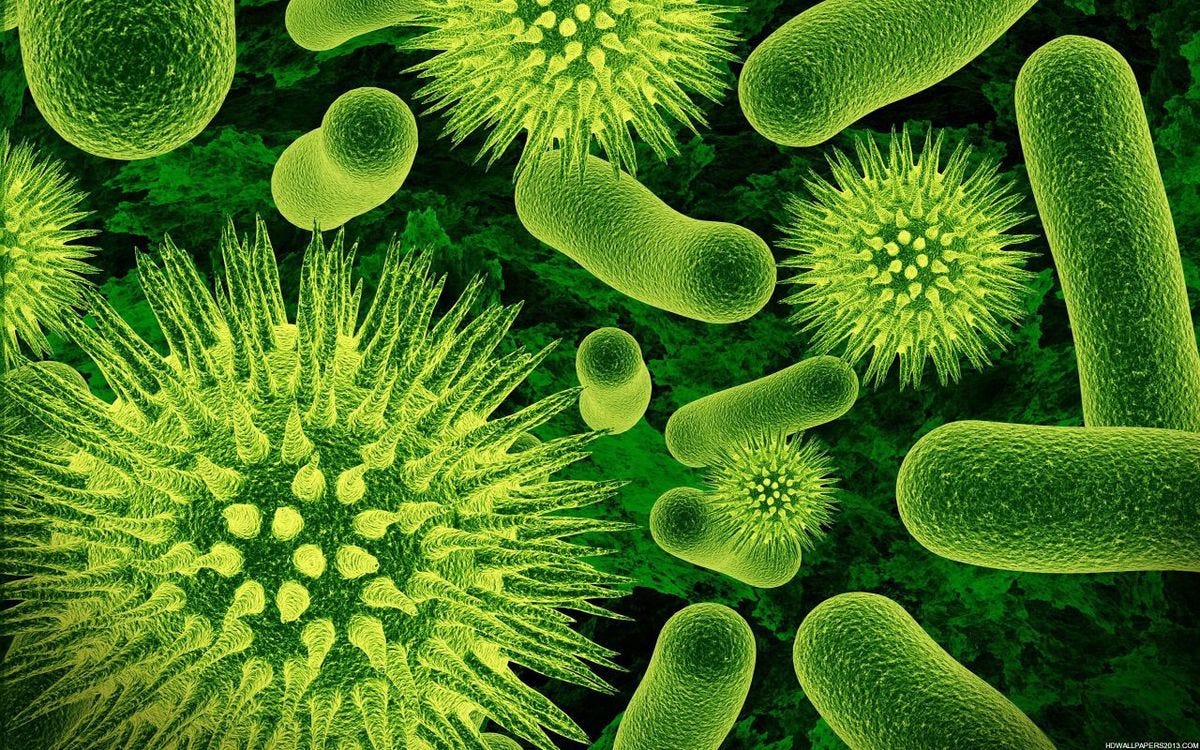Potato- 80%
Tomato- 95%
Cow- 74%
Bacteria- 75%
Human- 65%
Ice becomes tenth times volume of water on freezing and floats if it lacked this property ice would sink and lakes, oceans would have freeze from bottom up, do you think organism could have existed??
1.3 billion cubic of water in this planet
pacific- 51.6%
Atlantic- 23.6%
Indian- 21.2%
three percent of water in ice sheets. 0.036% of water in lakes and rivers. When Antarctica melts, it might raises oceans by 200 feet.
Auguste and Piccard went upto 10,918 meters deep to Mariana trench for deep ocean study.
We do have better map of mars than we do have of our own seabeds.
Organisms are amazing, Blue whales will sometimes break off a song and then pick it up again at exactly the same spot six months later.
With the ongoing disturbing increase in fishing lobsters and cod fishing have decreased in enormous amount.
Crab eater seals as many as 15 millions of them may actually be second most numerous large species of animal on earth
.
.
In 1953 Stanley Miller experimented about life.
Scientists are now certain that nitrogen and co2 were pretty less reactive. But creating amino acid is not a big problem, creating protein is.
Simple example: to make collagen you need to place 1055 amino acids in precisely same manner.
Hemoglobin with 146 amino acid long offering 10^190 possible combinations.
To multiply protein you need DNA.
Imagine you took all component that make up a human being C,H,O and so on, putting inside container with some water giving vigorous stir and out stepped a complete human being. Haha. It just doesn't act that way. Even with the all components.
They argue there must have been some cumulative selection process allowing amino acids to assemble in chunks.
There is nothing special about substance from which living things are made up.
Dehydration linkage helped to create life.
Earths surface didn't become solid until 3.9 billion years ago.
If we crunched up the rock and examined it microscopically, there would be chemical residues that the organisms left behind.
Early days without an atmosphere ultraviolet rays from sun,even from weak sun would have tended to break apart any incipient bonds, and yet right there we have stromatolites at surface, its quite a puzzle.
If you were to step from a time machine into ancient Archean world, you would very swiftly scamper back inside for there was no more oxygen to breath, It was full of noxious vapors from hydrochloric acids and sulfuric acids. Such chemical smog would have allowed little sunlight to reach the earth's surface with bright and frequent lightning.

For 2 billion years bacteria were only forms of life. They lived reproduced, swarmed but didn't show significant inclination to move on to more advanced level of existence.
Cyanobacteria learned to tap into freely available hydrogen which existed in spectacular abundance in water. It absorbed water supped on hydrogen and released oxygen as waste.
In anaerobic world oxygen was extremely poisonous.
At first oxygen didn't accumulate but rusted, combining with iron to form ferric oxides sinking to the bottom of seas. For millions of years world literally rusted providing so much of worlds iron ore today.
cyanobacteria in combination with sands formed stromatolites.
One reason life took so long to grow complex was that the world had to wait until the simple organisms had oxygenated the atmosphere sufficiently. It took almost four billion yrs. 40% of earths history,then cell with nucleus and organelles arose.
When adventuresome bacteria was captured by some other bacteria the captive bacteria became mitochondria.
Mitochondria behave independently with their own RNA, DNA and ribosomes. They look, divide and respond to antibiotics like bacteria. It is like having a stranger in your house but one who has been there for billion of years.
There are almost trillions of bacteria that are grazing on your fleshy plains. They are there to dine over ten billions of flakes of skin cells that you shed every day.
Bacteria may not build cities or have interesting social lives but they will be here when the sun explodes. This is not our planets, we are recent guests to their ultimate colony and we are on it only because they allowed us to be.
(Source; The history of almost everything)
Cyanobacteria learned to tap into freely available hydrogen which existed in spectacular abundance in water. It absorbed water supped on hydrogen and released oxygen as waste.
In anaerobic world oxygen was extremely poisonous.
At first oxygen didn't accumulate but rusted, combining with iron to form ferric oxides sinking to the bottom of seas. For millions of years world literally rusted providing so much of worlds iron ore today.
cyanobacteria in combination with sands formed stromatolites.
One reason life took so long to grow complex was that the world had to wait until the simple organisms had oxygenated the atmosphere sufficiently. It took almost four billion yrs. 40% of earths history,then cell with nucleus and organelles arose.
When adventuresome bacteria was captured by some other bacteria the captive bacteria became mitochondria.
Mitochondria behave independently with their own RNA, DNA and ribosomes. They look, divide and respond to antibiotics like bacteria. It is like having a stranger in your house but one who has been there for billion of years.
There are almost trillions of bacteria that are grazing on your fleshy plains. They are there to dine over ten billions of flakes of skin cells that you shed every day.
Bacteria may not build cities or have interesting social lives but they will be here when the sun explodes. This is not our planets, we are recent guests to their ultimate colony and we are on it only because they allowed us to be.
(Source; The history of almost everything)



0 Comments